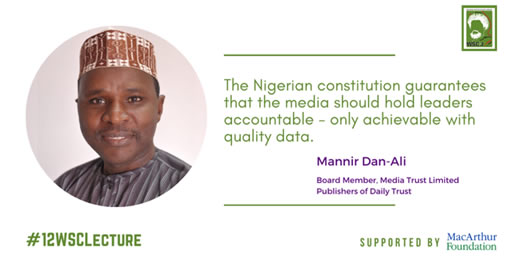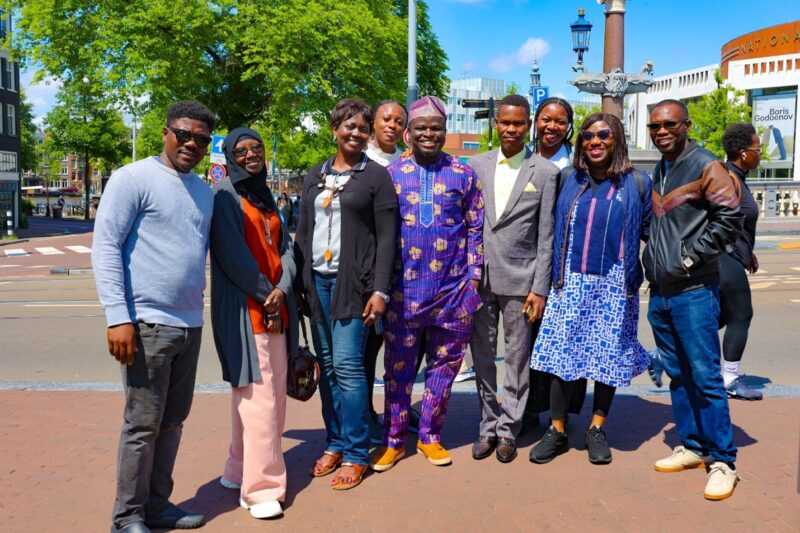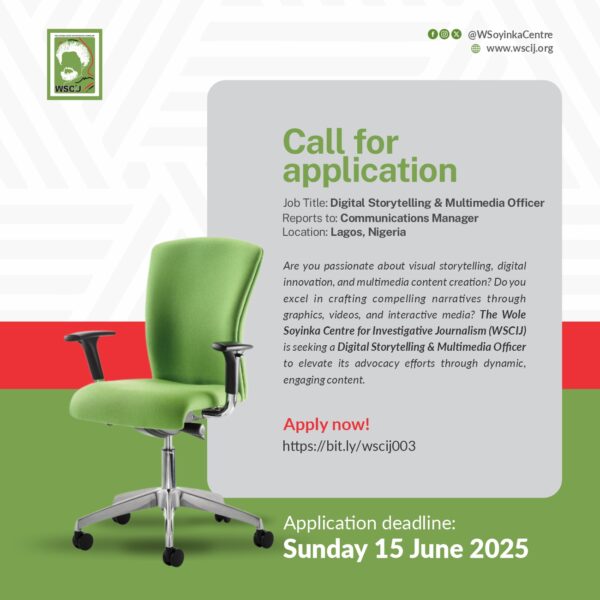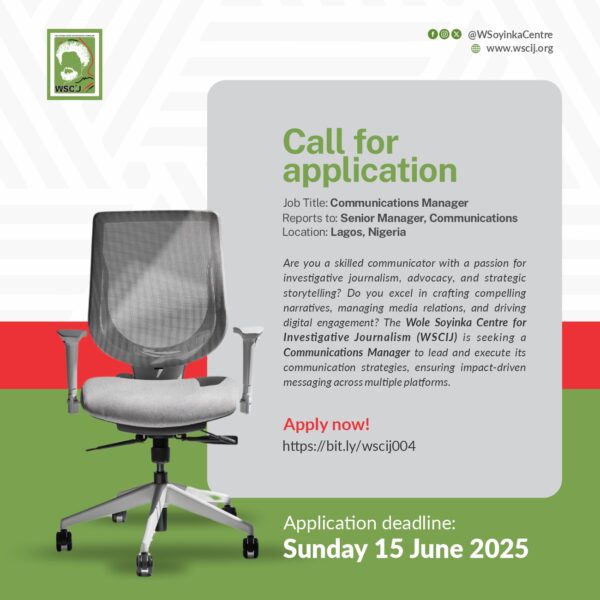A former Editor-in-Chief of Daily Trust Newspaper, Mannir Dan-Ali, has condemned what he described as the ‘capture of the Nigerian media by public relations machineries’ of both the government and the big companies. He therefore called on the media to do more stories with available data.
Dan-Ali, who currently serves on the board of the newspaper, made this call on Monday, 13 July 2020 at the 12th Wole Soyinka Centre Media Lecture Series organised by the Wole Soyinka Centre Investigative Journalism (WSCIJ) to mark Professor Wole Soyinka’s 86th birthday.
According to him, journalism has been captured by public relations machineries of both the government and the big companies who withhold adverts, which is the main revenue source of many media houses, from any media house which reports any negative story about them.
He however observed that the media is challenged with dearth of available, reliable, and relevant data to hold public officials accountable for the public trust entrusted to them.
He said, “I think there is still a big problem in terms of accessing data, especially relevant data through the government, because you see, the role of media is to hold people in power to account, and by its very nature, governments and organisations are usually secretive.
“They would rather not want to let you know all that is going on. So, except if something happens, that is when you begin to hear some of the details that have been kept in cupboards and under the carpets.”
Dan-Ali expressed worry about the lack of data on the websites of many ministries, departments and agencies (MDAs) and how the media in Nigeria resort to foreign organisations for data about Nigeria that should be accessible to them in the country.
Despite the invocation of the Freedom of Information Act, Dan-Ali observed that many government organisations are not eager or happy to release information or data, because of the notion that the data could be used against them.
He said, “So you find out, except when there is a disagreement, that is when you begin to have a peak of the rot that is in there of all the things that people in government would rather have kept out of the public domain.” He however observed the need for journalists to pour over the budget and other information resources that the authorities reluctantly allowed to come to the public domain in telling a story and in holding government accountable.








